Club Life: An interview with the 9:30 Club’s Seth Hurwitz
As the 9:30 Club, D.C.'s most legendary concert venue, celebrates 35 years of putting music on the map, its owner, Seth Hurwitz, reflects on its success

In 1980, Dody DiSanto and the late Jon Bowers got Washingtonians talking about music.
That’s the year they opened the doors to the 9:30 Club, a first-floor performance space at 930 F St. NW. The rock-oriented music acts that played there — with a start time, at least originally, at 9:30 p.m. — often reflected the club’s then-derelict downtown neighborhood: Small, scrappy, grungy, even a little dangerous. As time went on, many of them would become household names: Nirvana, R.E.M., Cyndi Lauper, Beastie Boys, Green Day, to name but a few.
The club’s prestige grew alongside its predominantly alt-rock cast of characters. Eventually, in 1996, it also grew in size, when Seth Hurwitz and Rich Heinecke moved the institution they had taken over from DiSanto and Bowers a decade prior. All this week, they’re throwing a party in honor of the current location’s 20th anniversary at 815 V St. NW, an interactive, commemorative presentation dubbed the 9:30 World’s Fair. They’ve also just published a captivating new coffee table book, relating key moments from the institution’s first 35 years.
Consistently ranked at or near the top of polls by Billboard, Rolling Stone and Pollstar, the 9:30 Club is also the jewel in the crown of large, local promotions company I.M.P. Productions, which also manages The Lincoln Theatre and Merriweather Post Pavilion. Hurwitz and Heinecke launched I.M.P. (the initials stand for It’s My Party) a few months before the original 9:30 Club opened, and were booking shows at the venue from the very start. Hurwitz calls Heinecke the “play caller,” the person who helps determine who plays where, based on his acumen at ticket forecasting.
Hurwitz, meanwhile, oversees the bulk of regular operations at 9:30 and I.M.P. He credits his predecessor DiSanto for engendering the 9:30 Club’s overall ethos and reputation as progressive and welcoming, including to the LGBT community. Yet it’s clear Hurwitz is, and has always been, the driving force behind the venue’s growth and success.
“Seth is tremendously straightforward and easy to work with,” says Town Danceboutique co-owner Ed Bailey, who threw Millennium, a weekly gay dance party at 9:30 in the late ’90s. “He was always willing to work with us and make our events more interesting.” In fact, it was because of Hurwitz that Bailey and his business partner John Guggenmos landed Grace Jones for one of their Millennium parties. Bailey, who in the last three decades has collaborated with other predominantly straight nightclub owners, credits Hurwitz for the institution’s gay-friendly vibe — one that goes beyond a mere desire to bolster the coffers. “Yeah, I want to do a gay event because I want to make money,” is a sentiment Bailey has often heard from straight owners, whose plans are easily foiled by less-than-enthusiastic straight employees.

“We always had the sense that the staff at the 9:30 Club, whether gay or progressive or alternative, were all excited for our events and proud to be a part of it.”
“The bands, they have the toughest gig,” says the 57-year-old Hurwitz during an hour-long interview at the 9:30 Club. “They’re vulnerable. If you think about how many bands stay popular? Not very many. Bands go up and down, and now, without being able to sell records, they can only make money by touring, and that’s tough and grueling and it wears down on people.
“But it does make for a lot of bands touring now,” he continues. “Which is great for me. We wanted to build a place that would be perfect for the audience and the bands, and we’d never need to go anywhere else. So that’s why we came up with everything here. Your dream home, if you will.”
METRO WEEKLY: What drew you to music and this business? Was there an obvious moment?
SETH HURWITZ: Well, I think probably the first exciting moment, that rock and roll moment, was when my parents let me stay up past my bedtime to watch the Beatles on Ed Sullivan. It was that electricity, like that feeling you get when you go to a concert when you’re young. When you first get out and go to a show without your parents — it’s that danger, it’s that excitement. And when the band comes on, you make that connection. That’s the moment that I just love. Even now it’s my favorite part. When I’m going to see a band at the 9:30 — which actually isn’t that often — I always need to get there before the band goes on. I want to be there when they go on, cause I love that rush. That’s just what it’s all about for me.

MW: Did you ever desire a career as a musician?
HURWITZ: Well, I am a musician — I play drums. Though I don’t ever really feel like I’m a real drummer. I took lessons, and I just kind of taught myself. I always felt like an imposter. And I still do. But I’ve gotten away with it, pretty well. So if I know a band well enough, I’ll badger them till they let me play. And that’s very exciting.
MW: Have you played here, at the 9:30 Club?
HURWITZ: I played here with the Foo Fighters, and the Goo Goo Dolls and Robbie Williams — those were over a long period of time. And repeatedly with Thievery Corporation and Trouble Funk.
MW: Do you play during the whole set?
HURWITZ: No, no, just one song. With Trouble Funk we do the standard “Play That Funky Music (White Boy).” I don’t know how they thought of that one!
I love to play. I get stage fright when I get up there, so it’s a real dare. Once you get yourself into it, it’s like you’ve got the parachute on and the plane door is open, and you’ve got to jump. So that excitement — I guess bands go through that every night and it becomes more routine to them. But for me that’s another thrill. But that’s just my own little self-indulgence. I try not to inflict it on everyone too often.
MW: Where did you grow up?
HURWITZ: In Potomac. I went to Churchill High School. I should say that’s the station wagon part of Potomac, not the horse country. I wasn’t privileged. I was handed nothing. Except that my parents were very patient and very supportive. I didn’t go to college, but they could see that I was doing something. And I was always working. I always wanted to work. I worked in record stores. I originally wanted to be a disc jockey. I was on WHFS when I was in high school. And I thought that’s what I was going to do.
MW: Did you DJ on WHFS under your real name?
HURWITZ: Yeah, I was Seth, ’76 to ’77. I got fired from there for getting too far ahead musically from where they were at. They got stuck in this Robert Palmer/Little Feat/Bonnie Raitt thing, and I was on to Roxy Music and Lou Reed and things like that. And then I was on WGBT, the Georgetown station for a long while. And then I did an interview show, and I was interviewing a promoter and ended up working for him. He was in a space called the Ontario Theatre at 17th and Columbia, which is now an apartment house.
MW: And 20 years later…
HURWITZ: Here we are. I never thought it would be this popular. Never ever thought it would be this great. It’s really a result of the love between the bands and the audience and the people who work here. It’s a triangle like that. That’s just what bands want — they want to play somewhere real, they want to play somewhere where they’re appreciated by the venue and the fans. And fans want to see bands that appreciate them, and want to go to a venue where they’re treated well. And those three things really need to evolve together.

MW: How exactly did that manifest itself?
HURWITZ: I have to credit my staff. Dody, the person who started the 9:30 Club a long time ago, had this incredible cast of characters working for her. It was very Fellini-esque, in that she would hire people that, maybe were not the best bartenders, but they sure were the most interesting ones. Original, alternative people. And she cultivated this family — that this is a place for people who don’t fit in anywhere else. And that really spoke to my alternative mentality. When I was a kid, if a band got too popular, well then that wasn’t good. Of course as a promoter, we like bands to get very popular. [Laughs.] But as a fan, as a kid — that’s not my band anymore. So I would go down and see these people — that was part of the show when you went to the old 9:30. The weird guy, the doorman with tattoos and piercings. Take a walk on the wild side. It’s where our alternative culture was in D.C. And when I bought the club from her, my biggest fear was that I wouldn’t be able to carry that on.
So I really stood back and just didn’t mess with that. I made the managers powerful and let them manage. So if someone needed replacing, if someone left, I would let that manager hire the replacement and find someone also interesting. I think that’s what makes the club what it is, the people that work here. Every now and then, there’s enough turnover I feel like I need to get everyone together and have a town meeting. And as I go around the room, I see all these beautiful people that are different and unique. I’m so proud to have this interesting bunch of people working for me — that they’re all unique, they’re all creative, they’re all alternative. There’s a reason why they’re here, and I think that’s really the secret.
The number one compliment I hear from bands is not about the sound, or the food — although they do like the cupcakes — but it’s, “Your staff is so wonderful. Your people are so nice. They totally understand us — they get it. And the audience was great. What a great vibe.” I think they really appreciate it.
I’m all about having fun and enjoying life — and letting everyone else be assholes, and not being one of them. So if someone’s an asshole, I’m not going to get all fired up and get in their face. I’m more likely to walk away or say, alright, have fun with that. And I think my people, we don’t escalate things. We’re not going to let these people get crazy. That’s the Zen way to do it, right? You’ve got to just be grounded in your own personality and not let all these other people spin you around. So maybe the bands appreciate that, and maybe that inspires them.
MW: Are there any bands or shows you can single out as favorites in the club’s history?
HURWITZ: Oh, I get stuck on this one all the time. I’ve had some really great surprises. When you’re old like me, and you went to shows as a kid, the real thrill is when you get to do stuff that you went to as a kid. You know, I remember getting excited about getting Bob Dylan tickets. So whenever I promote Bob Dylan, it’s like, I can’t believe I’m promoting Bob Dylan. Deep Purple were heroes when I was a kid, so when I got Deep Purple, it was like, this is too crazy. I’ve learned a lot about things. A friend of mine was booking a Dolly Parton tour. Now, to me, when I grew up, Dolly Parton seemed like some cheeseball, hee-haw shit on TV. I went, “Ew, my god, how do I say no to this? How do I politely get out of this?” But when I started asking around, it was like, “Oh my god, are you kidding? She’s a fucking legend.” And so we did Dolly Parton, I got to meet her, and she’s incredibly wonderful. I didn’t know what a genius she really was. So that was exciting.
I have to say, while I promoted them, I didn’t go to a lot of hardcore shows. All the reverence about Fugazi and all that business in the early days — I hadn’t really seen them. So when they finally played here, that was one of the best bands I’ve ever seen. It was just pure music and energy.

MW: How about a worst pick?
HURWITZ: Well, when Scott Weiland did his Christmas show, that was a real head-scratcher. He was a pretty odd fellow to begin with, but he comes and does Christmas songs with a lounge band. That was pretty out there. It was as fucked up as you thought it would be, so that was pretty good. I missed the Courtney Love show.
MW: We’ve covered the bands and the staff, but the 9:30 Club crowd is also noteworthy. They generally seem enthusiastic and engaged with performers, to the point that bands regularly highlight it during shows.
HURWITZ: I think the audience knows that we want them to feel good. And that we’re giving the band a fair shake. You know, the reason I gave away tickets for the World’s Fair is because it’s a great way to say, “Come and celebrate and reminisce. This is your club, too. Come in here and let’s all have a party. Join us.” That cliché about giving back — it’s true, you have to give back. It’s an opportunity to treat them.
MW: And obviously fans saw it as a treat. All five nights are now sold out. Talk a bit about what the World’s Fair is.
HURWITZ: It’s going to be spectacular, a walk-through time-travel, from the beginning to where we are now. And to teach people where the club came from, in the old location.
In my house I have almost no memorabilia. I have a picture of the old club — a photograph. And a print of F Street. Besides that, I have a photograph of Wendy’s in Charles Town, West Virginia, where we promoted Lollapalooza in 1994. The Wendy’s sign said, “Welcome, Lollapalooza.” I’m just not one to live in the past. That would be a very easy thing to do in my business. You know, the whole Planet Hollywood/Hard Rock and all that stuff. So the World’s Fair is like a chance to get out all the toys, and all the ticket stubs and posters and memorabilia, and put it out for a week. And then we’ll put it away. Except for a display with everyone who’s played here, which we’ll be debuting at the World’s Fair.
MW: The 9:30 Club has long drawn gay people, attracted to concerts with LGBT and LGBT-friendly performers — but also to regularly occurring gay-specific dance parties. Did you intentionally set out to engender a welcoming environment?
HURWITZ: Well, Dody always had her gay friends and employees around. This was new to me, and I always found it fascinating. I’ve always admired gay people, for their courage and alternative culture. I’m a fan of alternative culture. Obviously I hate right-wing assholes, and anything to upset them is always excellent. And I don’t think it’s any secret that gay people have more style and more joie de vivre — more fun. I don’t know how that happened exactly.
MW: Well, no doubt one key factor is the struggle to come out. That can be so prolonged and multi-pronged, once it happens…
HURWITZ: It’s like, “Fuck everybody, I’m having a good time!” And I just admire that. I admire anyone who can say, “Fuck what everyone thinks! I’m going to be who I am.” That’s how it should be. And I’m very thankful, and I think it’s fascinating, my children — I have three boys — they are so anti-anti-gay. Anytime someone says something anti-gay, they’re tweeting, “What an asshole!” They’re straight, but they just think it’s the equivalent to someone saying something about black people in the ’60s. And isn’t that great? I can’t fathom myself why this should bother anyone. It makes no sense. Maybe the Bible thing, maybe because real Bible-thumping people feel like they have to spread the Gospel and the Word, how it’s written in there — but even that they’re wrong about.
A couple years ago, before my dad died, we were sitting at lunch one day and I said, “So pop, what do you think of this gay marriage thing?” And he says, “Why is it anybody’s damn business what someone does with someone else? Why is that anyone’s business?” That’s how it should be. So, I don’t know, I’ve just always felt like I need to help propulgate that. I promote equality and things like that. If you’re a responsible business person and a leader in the community, then you’re supposed to promote everyone loving everyone. That’s just how I’ve always felt.
MW: Did the original 9:30 Club have gay dance parties?
HURWITZ: I don’t know that they were labeled as such, but we would have Divine and female impersonators, and those obviously drew a gay crowd.
The other thing about gay people, as any bar owner can tell you — gay people drink a lot. They’re great customers.
MW: And generally speaking we tip well and aren’t as rowdy or trouble-making, I suppose.
HURWITZ: Well we did have the ABC board come down on us for one of our events because there was nudity. People were walking around in buttless chaps and things like that. And they were like, “Alright, you can’t keep doing this. You’re not licensed for nudity, and these events promote nudity. So if you don’t knock it off…” I don’t think it was anti-gay. I think if we did a wet T-shirt contest or something like that, I’m sure they would have come down on us the same way.
This is a little left field, but I see guys look at pictures of guys, and I think, they’re looking at that getting really excited like when I look at a girl. And that fascinates me because I don’t understand it. I always want to understand people and know how they’re feeling…. But the idea that someone would think there’s something wrong with that is so inconceivable to me. That’s the part I don’t understand. Why would anyone think there’s something wrong with it?
MW: Returning to the topic of the club, did you have any worry or stress when planning the move to the V Street space, that it might be too ambitious of a project?
HURWITZ: I didn’t stress. I just got up every day and did it. I didn’t really think about it. I didn’t have a choice. I mean, what else was I going to do?
When we bought the club from Dody, it was a loss-leader. It was a place where you did bands when they were little, to start doing them [elsewhere] when they got bigger. However, we don’t treat it as just a stepping stone. It’s an important, fun, now part of the whole thing. Maybe even the most fun and important. A club is something you have to have as a promoter. And the way to win that particular war is to have the best club, so you can start your relationship with the band early on, before your competitors. My strategy has always been to have the best venues, and to win that way. So in ’93, we took over Merriweather. And now we’re building this place on the Wharf. My goal there is to build the greatest music venue ever. And I think we’ll do it.
MW: The Wharf is the big development at the Southwest Waterfront, due in 2017. Do you know what your venue there is going to be called?
HURWITZ: We’re not ready to tell everyone yet. We looked for years and years and years and years, at all kinds of buildings, all over the place. And then I met Monty Hoffman, the developer there, who’s a great guy and a real guy and a guy with vision who has his priorities straight. A really good person — this is important to me. I want to deal with good people. I can’t deal with assholes. I mean, I have to in my business, and I have to book shows with them. But as far as being a partner, or having a relationship — I’m just not going to have a relationship with bad people or dishonest people. Hey, time may prove that he’s got me totally hoodwinked, but at least for now, I think Monty is a really cool guy with a great vision, what he’s doing down there.

MW: And this venue will be in addition to the 9:30 Club, not a replacement? A bigger venue?
HURWITZ: Oh yeah. That’s 6,000 capacity. Though it’s the same concept as 9:30 — with a stage that moves, so it goes down to 2,500.
We spent a year designing it. We’re really excited about it, and Monty’s really excited about — here’s a guy with no music background at all, and he’s super-excited about the sightlines, and having balconies so they all point towards the stage. He’s got a lot of pride in this, and that’s what you need. I think it’s going to be a really great thing, what he does down there. And I’m really excited to be a part of it. If I wasn’t part of that, if I wasn’t the one doing that venue down there, I think I might retire.
MW: Why do you say that?
HURWITZ: If someone else was doing that venue, I’d be like, I quit. I’m out. Becuase what we’re doing, I don’t see how you could top it.
MW: But as it is you have no plans to retire?
HURWITZ: What does to retire mean? I mean, I’m slowly getting people to do the things in the business that I don’t want to do. So I pretty much live the life I want anyway. And so I travel and I go on bike trips and I eat where I want. And have a lot of fun. And I don’t book the club like I did for 32 years. I’m trying to get more and more off my desk, so I can just walk in. I’ll be like José Andrés, you know? You walk in, you taste the food, throw a little more salt in or something, and everyone thinks you cooked it.
I’m having a lot of fun, doing what I want. So, things are great. I’m very happy that we’re at this anniversary, and I just wanted to celebrate it with everyone. Because I know that you meet people that have been going to the 9:30, and that’s their own world — their own consciousness, their own set of memories — that I don’t know anything about. It’s nice that all these people feel like 9:30 is part of their life.
Tickets are sold out for the remaining 9:30 World’s Fair shows Thursday, Jan. 7, and Friday, Jan. 8, at 7 p.m., and Saturday, Jan. 9, at 2 p.m., at the 9:30 Club, 815 V St. NW. Call 202-265-0930 or visit 930.com.
For more information on the commemorative 9:30: The Book, visit 930book.com.
Support Metro Weekly’s Journalism
These are challenging times for news organizations. And yet it’s crucial we stay active and provide vital resources and information to both our local readers and the world. So won’t you please take a moment and consider supporting Metro Weekly with a membership? For as little as $5 a month, you can help ensure Metro Weekly magazine and MetroWeekly.com remain free, viable resources as we provide the best, most diverse, culturally-resonant LGBTQ coverage in both the D.C. region and around the world. Memberships come with exclusive perks and discounts, your own personal digital delivery of each week’s magazine (and an archive), access to our Member's Lounge when it launches this fall, and exclusive members-only items like Metro Weekly Membership Mugs and Tote Bags! Check out all our membership levels here and please join us today!





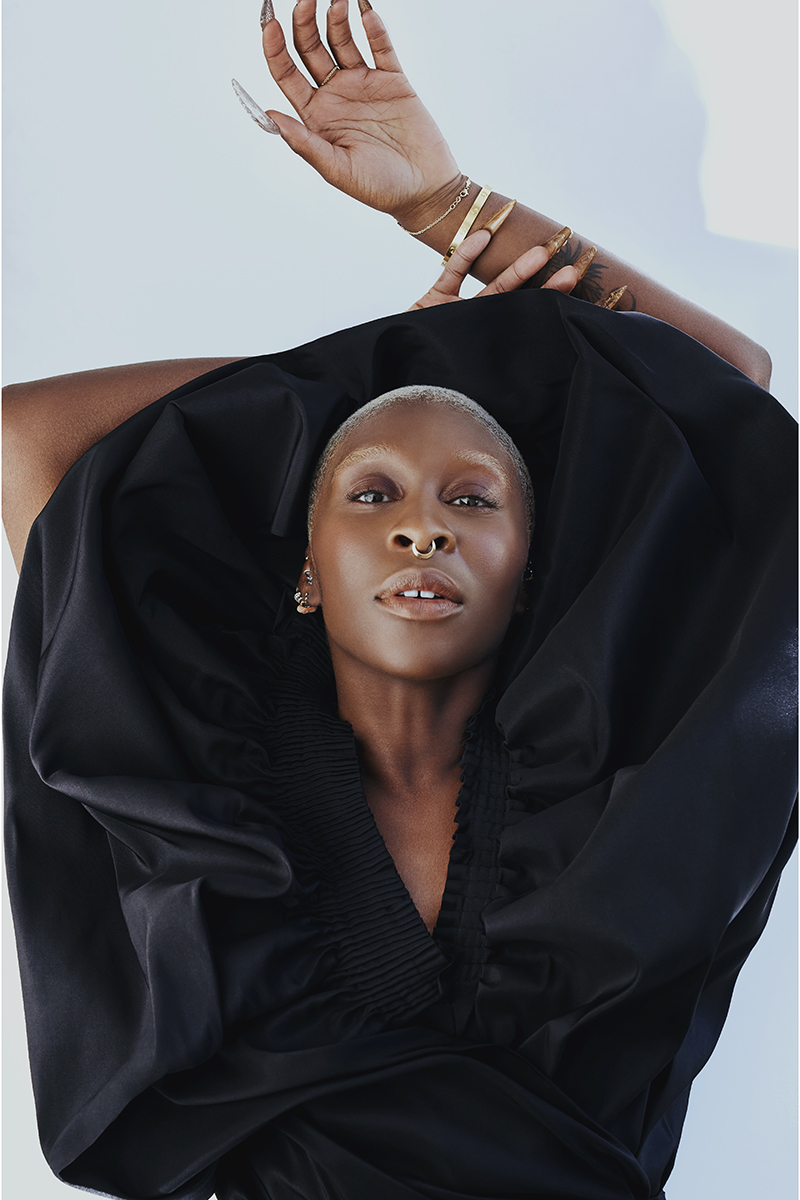
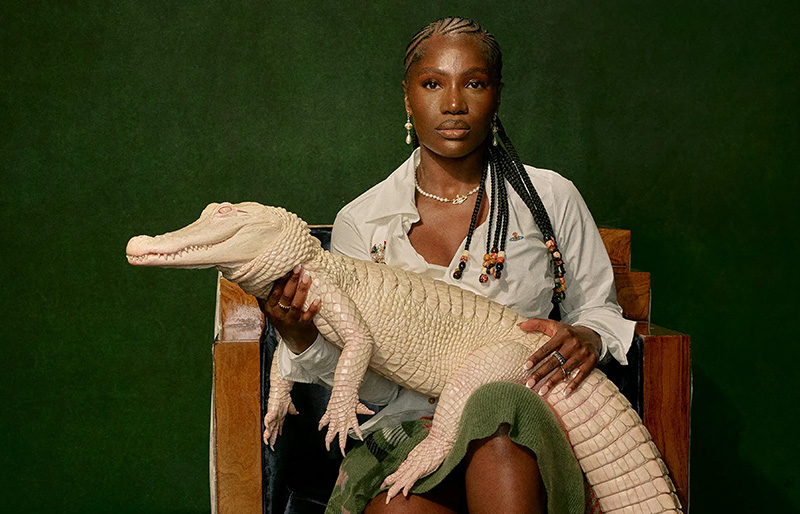
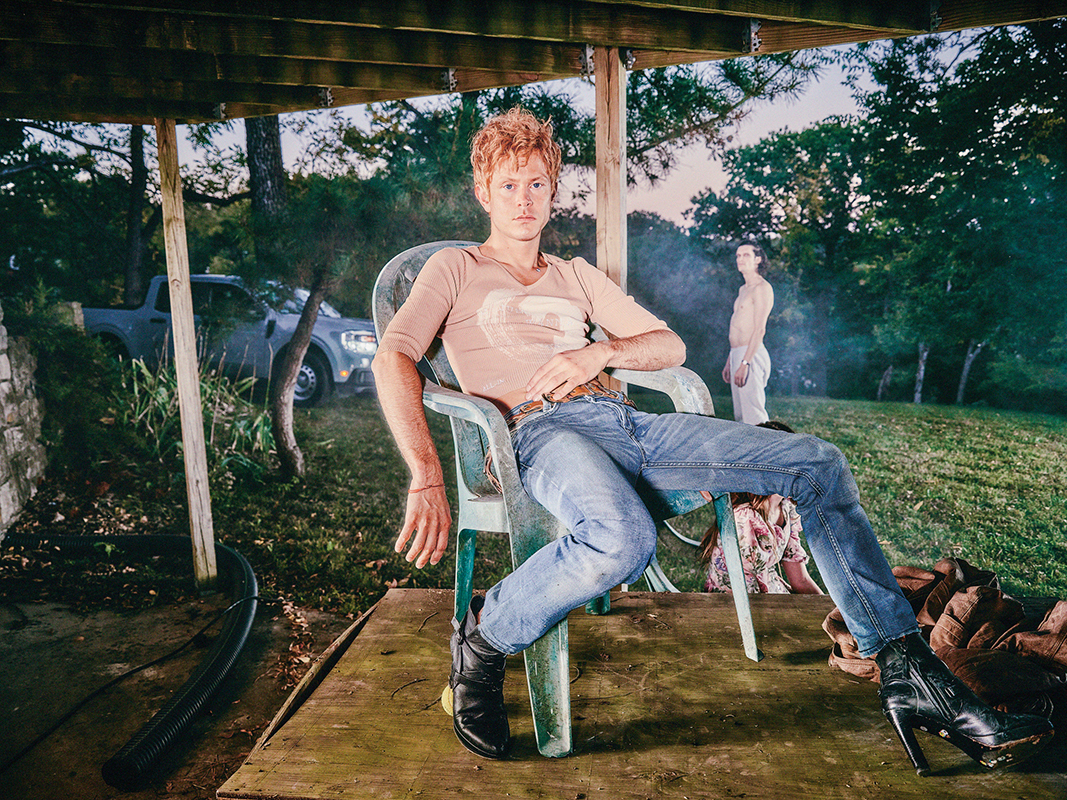












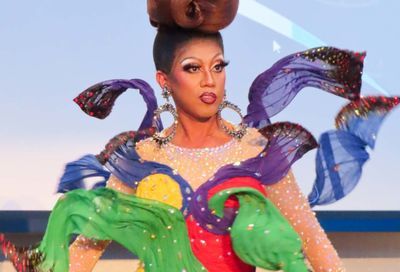
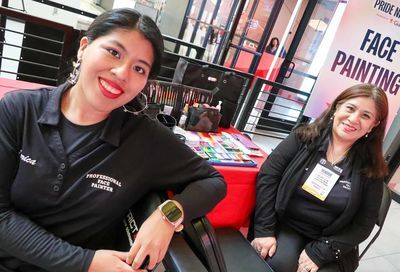
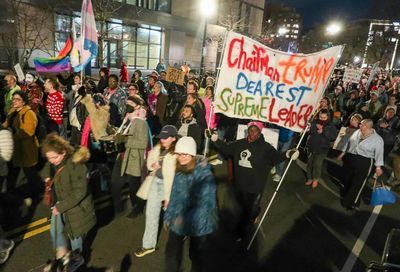
You must be logged in to post a comment.